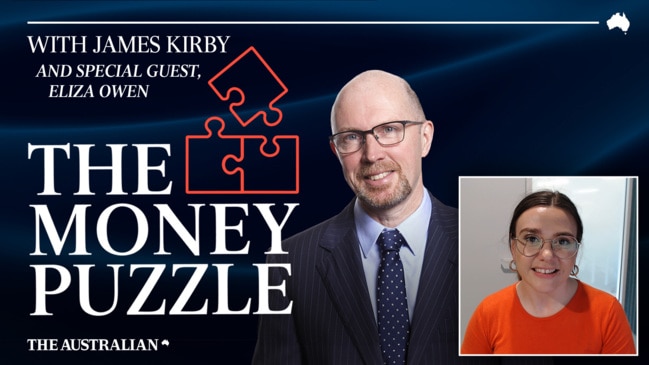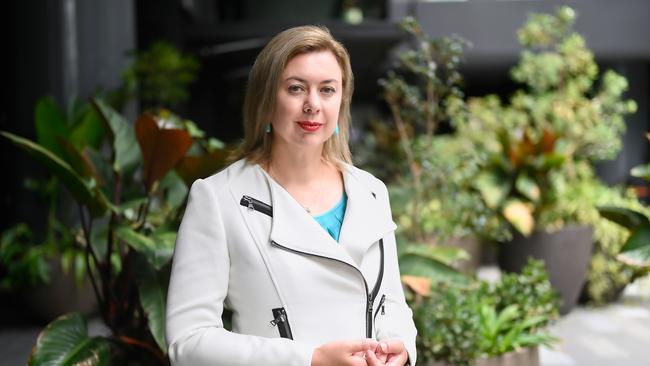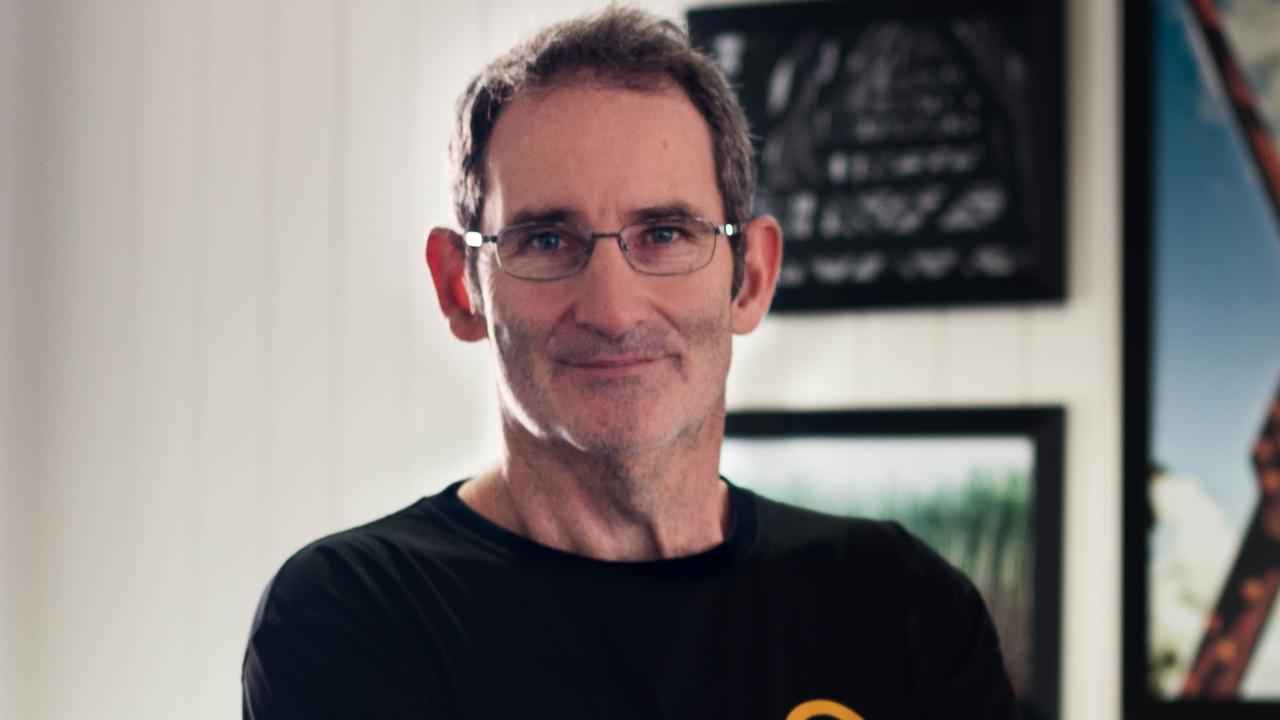Outlook for super in 2024 just got off to a very bad start
The government risks sending super and the broader advice sector back to the bad old days with a ham-fisted move to indulge big industry funds.

Business
Don't miss out on the headlines from Business. Followed categories will be added to My News.
Next year should have been the year that the government made major moves to update super and make financial advice cheaper for everyone.
In a week when Treasurer Jim Chalmers gathered the investment industry in Canberra and asked it to offer the government its best ideas, what might have been useful now risks turning into a farce.
Chalmers and Financial Services Minister Stephen Jones have been under pressure for months to respond to the recent Quality of Advice review from Michelle Levy. The review suggested a clean up of red tape in the advice sector and broader deregulation to make “bite-sized” finance advice cheaper for ordinary Australians.
Jones made a first move earlier this year with a mini clean-up of red tape and talked about a staged approach to other key elements of the Levy plan.

Then out of the blue this week, as the government listened to special pleadings for various concessions from big super, the minister announced huge changes in how you can receive financial advice.
Remarkably, in what seems to be a kowtow to big industry super funds – and a daft ignoring of recent history – he announced that super funds, banks and insurers could return to the financial advice game. Jones then outlined how this might work, and he’s asking for trouble.
Put simply there will be two types of financial adviser – qualified advisers and qualified professional planners. The qualified advisers will be the call centre staff who know very little and offer bite-sized advice; the professional planners will be properly qualified financial planners.
This is a screamer. It is an insult to professional advisers. If the government had aimed to mislead the broader public they have nailed it. And worst of all, it risks going back to the bad old days when desk clerks and call centre operators who know very little flogged products to customers who know a little less – a situation which sparked the scandals outlined in the Hayne royal commission.
What is going on?
Some big super funds – Australian Super and the Australian Retirement Trust (ART) – want to expand their ability to offer financial advice. In fact, we known that ART has already been hiring a large squad of finance personnel ahead of the decision.
These are the two biggest players in the sector. Among other things, they also want to make sure that they keep their customers forever.
Under any circumstance this would be risky – but feasible if done carefully. Instead the way it has been outlined by the government is a debacle in the making.
As for banks and insurers, they have been so stunned by the move they have yet to formulate a detailed response.

Thousands of financial advisers have recently left the business because they were unable or unwilling to sit the much more stringent financial adviser exams that have been bought in over the past few years. Now the improvements made in terms of professionalism are being steamrolled by political expediency. No wonder Sarah Abood of the Financial Advice Association of Australia says it “winds the clock back by five years”.
As it stands, financial advice is now in complete flux – if it becomes cheaper for some people in some situations, the wider price is not worth it.
The only sure thing is that big funds will hang on to more members more often. It is no coincidence that the number of people starting self-managed super funds has been rebounding. As James Gerrard reports on these pages today, 19,541 new SMSFs were established last financial year, which was a nine-fold increase compared with five years ago, when only 2103 new SMSFs were created.
What will happen?
One of the most disappointing aspects of this week’s talkfest in Canberra was that ideas that could have real merit and could make super better for everyone concerned were sidelined by the ham-fisted move on advice.
Specifically. I mean the concept of a “national longevity strategy’’ to ensure the system spends as much time looking after the needs of retirees as those saving for retirement. This is a fundamental issue. We are all living longer – when the pension was introduced life expectancy was under 60, today by the age of 65 average life expectancy is 85.3 for men and 88 for women.
The idea of default super is also worth examining – it is very unlikely that someone who has never engaged with their super will make a smart decision about how best to optimise their retirement savings.
There has also been some consideration by the government of whether annuities could get a more prominent place in the super system. A fund offering an annuity where a person could buy their future income and know what their income would be until they day they die would be very attractive for many people. In the past the annuity sector has been riddled with poor products and high fees. That does not mean it is impossible to solve these challenges, but it could only be done by a competent administration, and the “advice in super” debacle this week raises questions here.

Most important of all is the performance of funds, and how we compare good, bad and ugly funds through the so-called performance tests.
Of course when you set up such a system and somehow manage to get it operational (you can check them out at my.gov.au), then you can only have a handful of winners.
Very big funds like to tell their millions of members they are the best. Under the new system, which is far from perfect, the investor can check the reality in the tables. No wonder there is pushback.
Having had a big win in Canberra, some of the market’s largest industry funds are now lobbying to have the performance tests adjusted to reflect issues they believe are so important they must be changed. For example, they say the current tests could delay the move to greener investing – this is not a sufficient argument to change a crucial, free investor service.
If the government changes the tests, it will confuse millions of everyday investors who are just getting to know these tests, which were only introduced in 2021.
Let’s hope that never happens and the dumbest idea in super in years never gets through parliament in its current form – such are the modest hopes for 2024.
More Coverage
Originally published as Outlook for super in 2024 just got off to a very bad start





